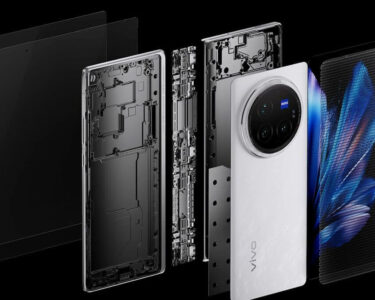In a move that sent shockwaves through the tech and automotive industries, Apple has reportedly shelved its long-gestating “Project Titan” – a secretive effort to develop an electric, self-driving car. According to a report from The New York Times, the company has decided to pull the plug on the project after pouring in over $10 billion and struggling for years to overcome technical hurdles and internal disagreements. This news raises significant questions about the future of self-driving cars and Apple’s potential involvement in the automotive industry.
A Vision Unrealized: From Secretive Beginnings to Stalled Progress
Project Titan was shrouded in secrecy from its inception in 2014. Apple poached hundreds of engineers from established carmakers like Tesla and traditional auto giants, aiming to design and manufacture a revolutionary self-driving vehicle from the ground up. However, the project faced numerous challenges from the outset.
Technical Hurdles: The Complexity of Self-Driving Technology
Developing a fully autonomous car proved to be far more complex than initially anticipated. Apple reportedly grappled with challenges in various areas, including:
Sensor technology: Creating reliable and accurate sensors capable of navigating diverse driving environments proved difficult.
Software development: Building robust software that could handle complex situations and ethical dilemmas encountered on the road was a significant hurdle.
Regulation and legal challenges: The evolving landscape of self-driving car regulations across different countries added another layer of complexity.
Internal Disagreements: A Struggle for Direction
Beyond technical challenges, the project reportedly faced significant internal disagreements. Leadership changes and conflicting visions about the car’s design, features, and target market hampered progress. These internal conflicts, coupled with the immense technical challenges, ultimately led to the project’s demise.





